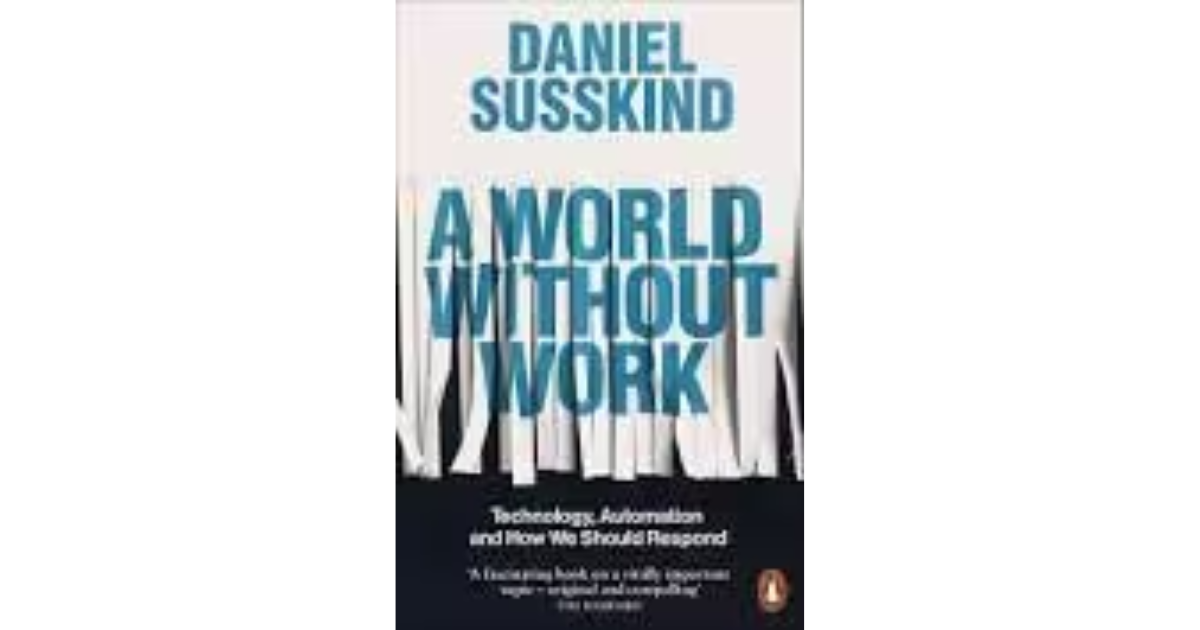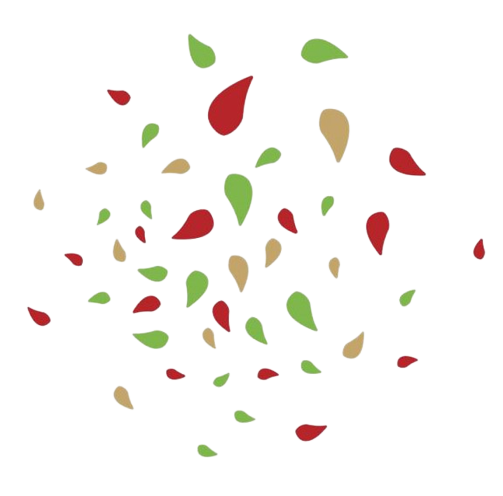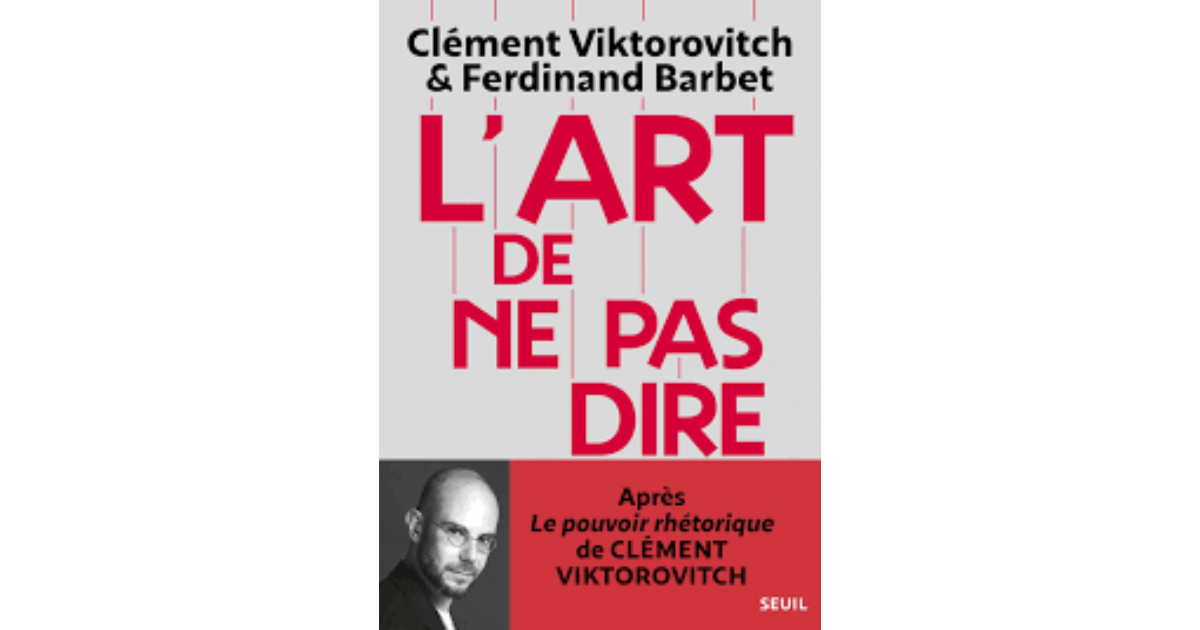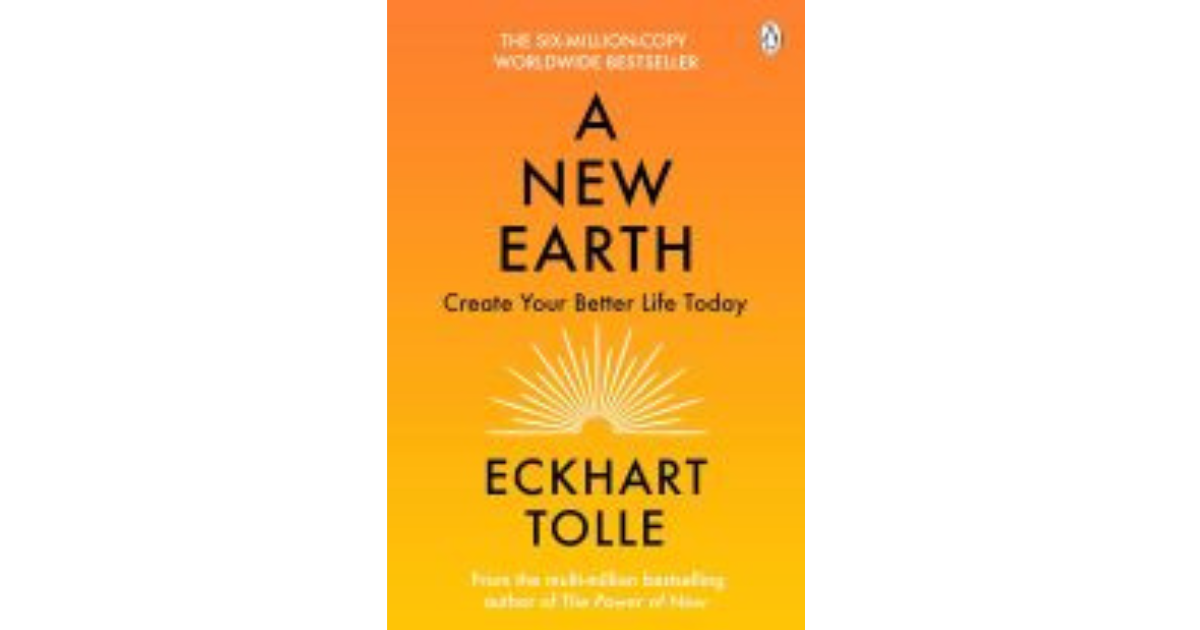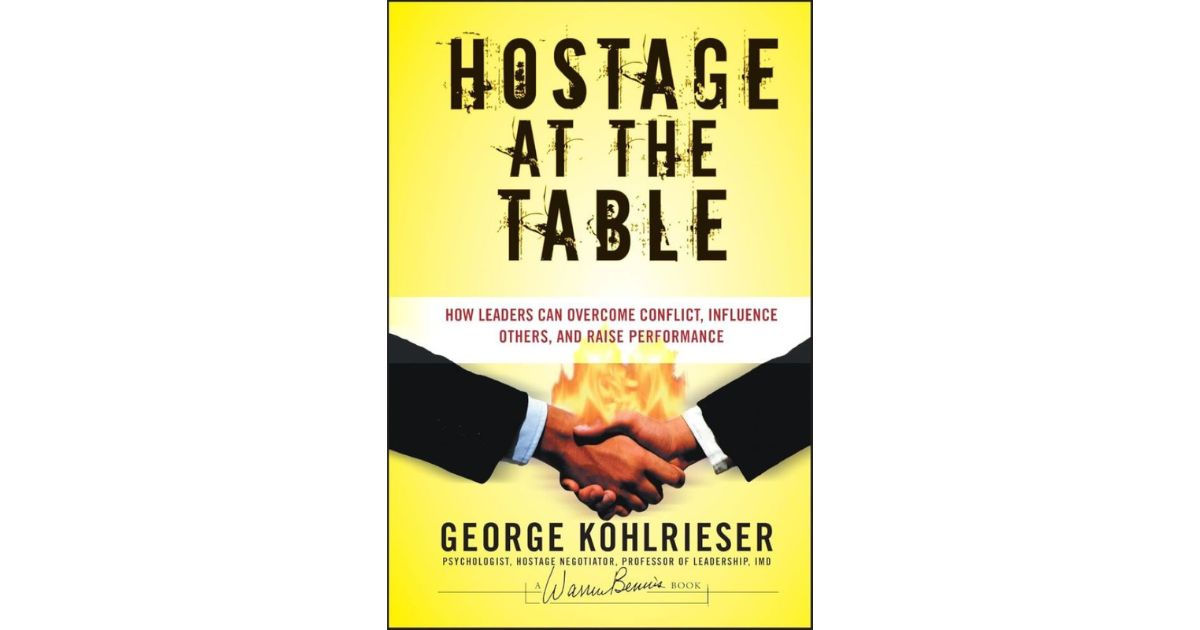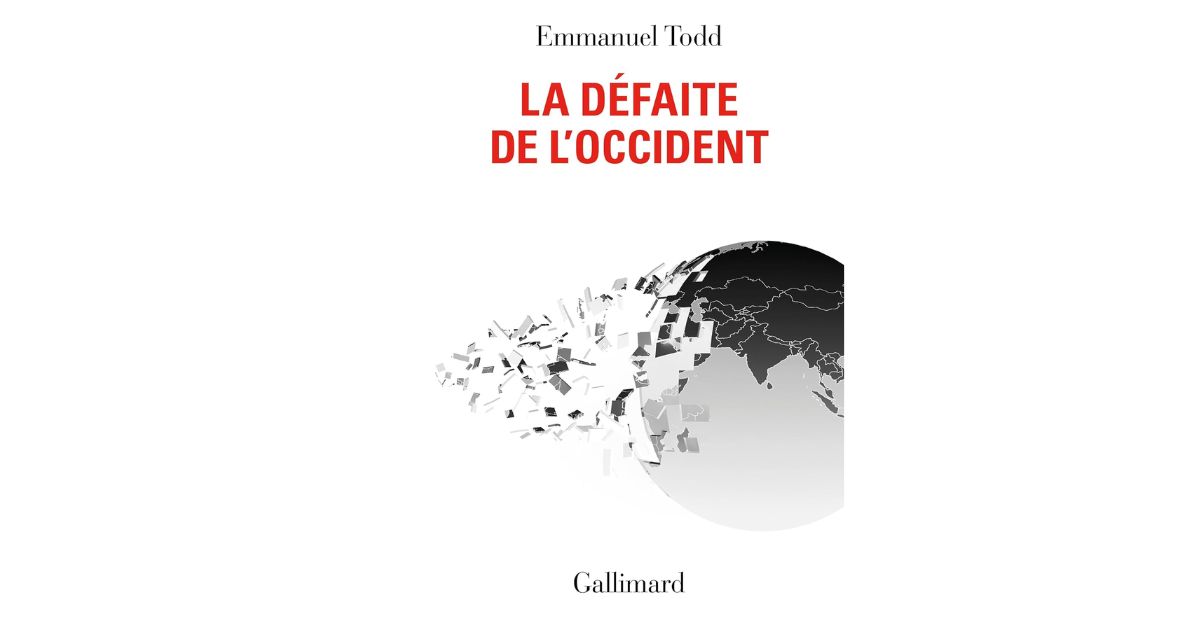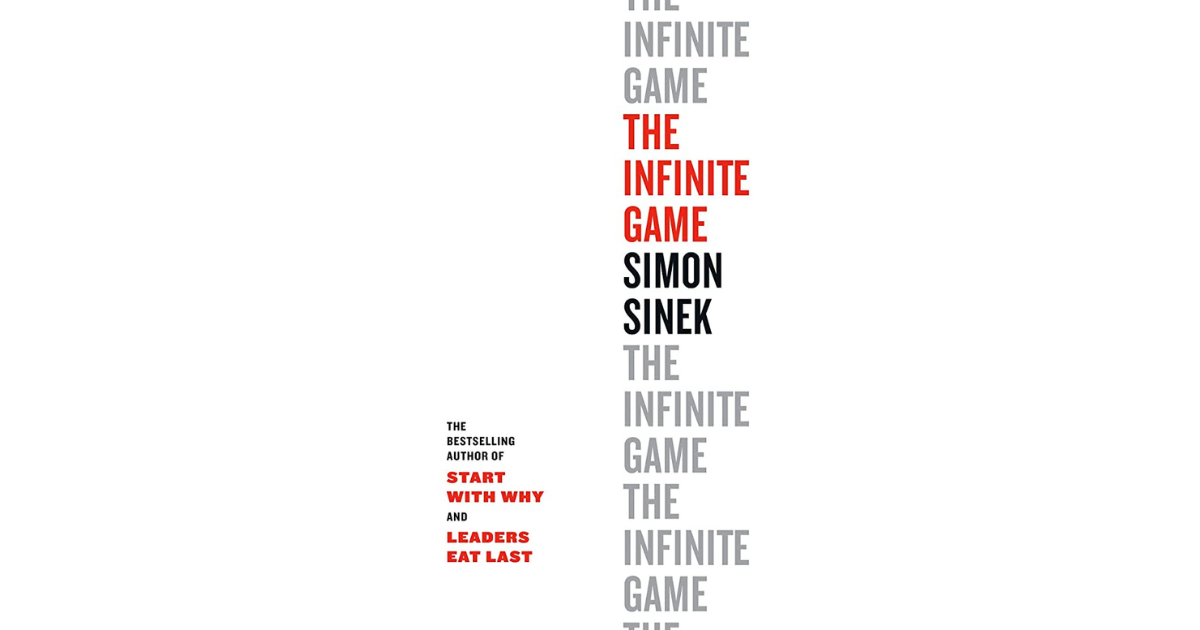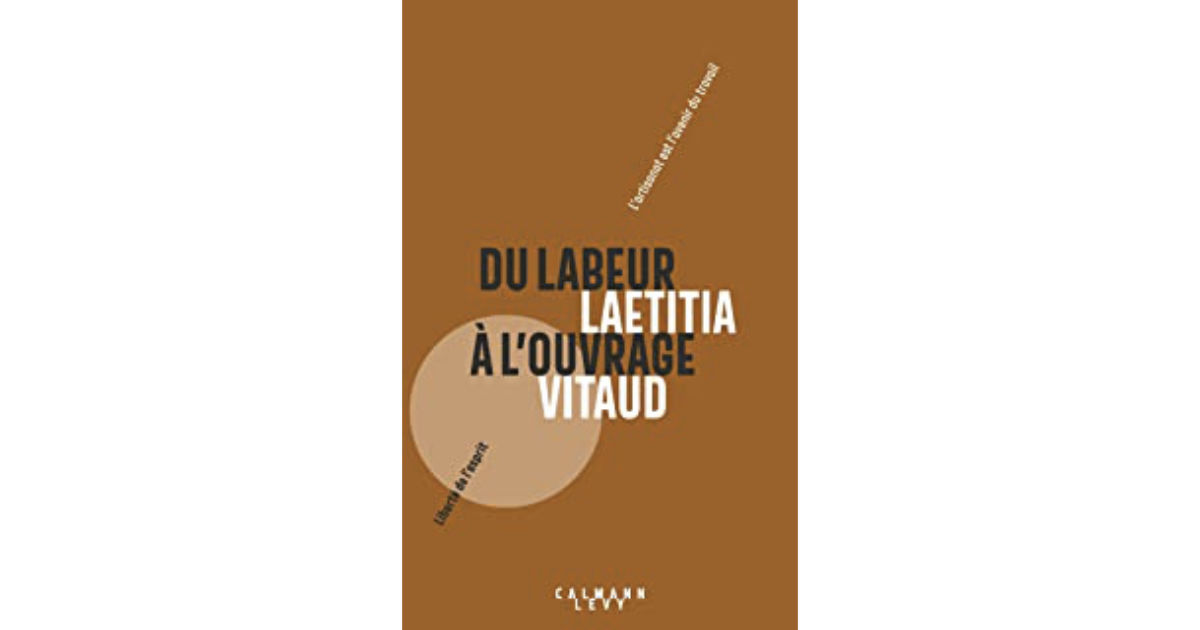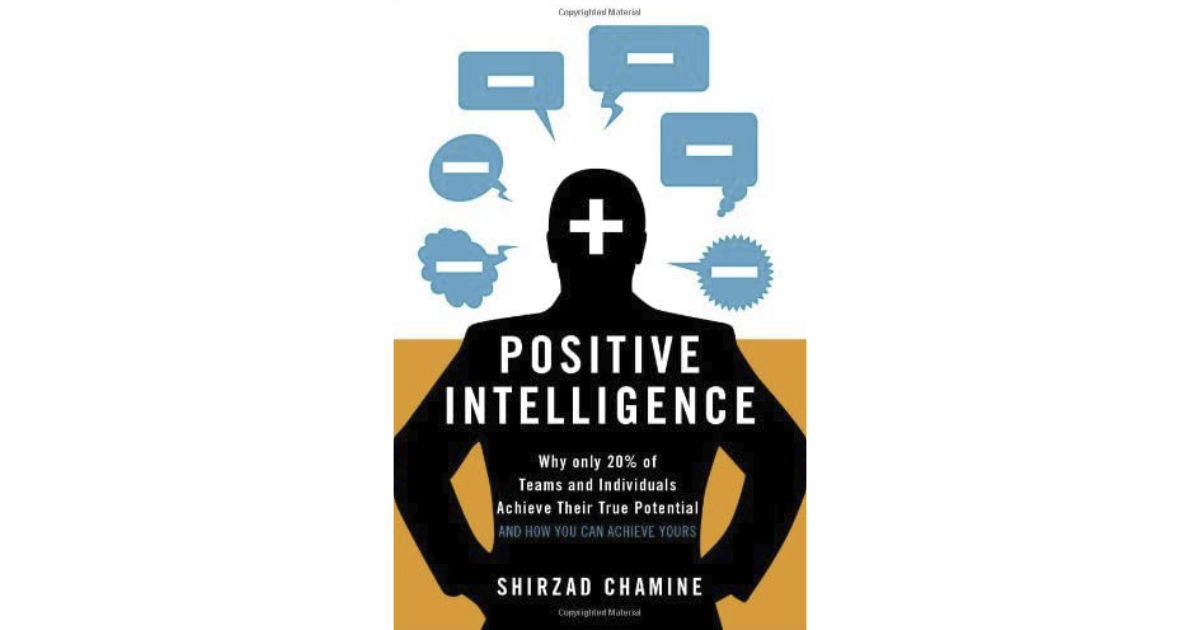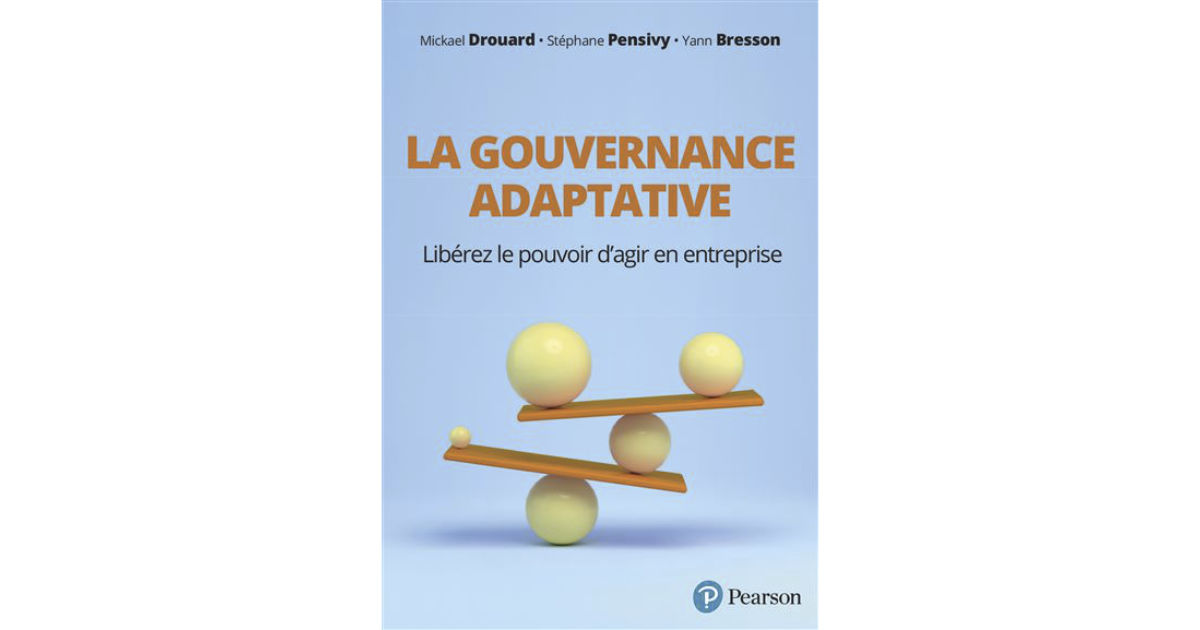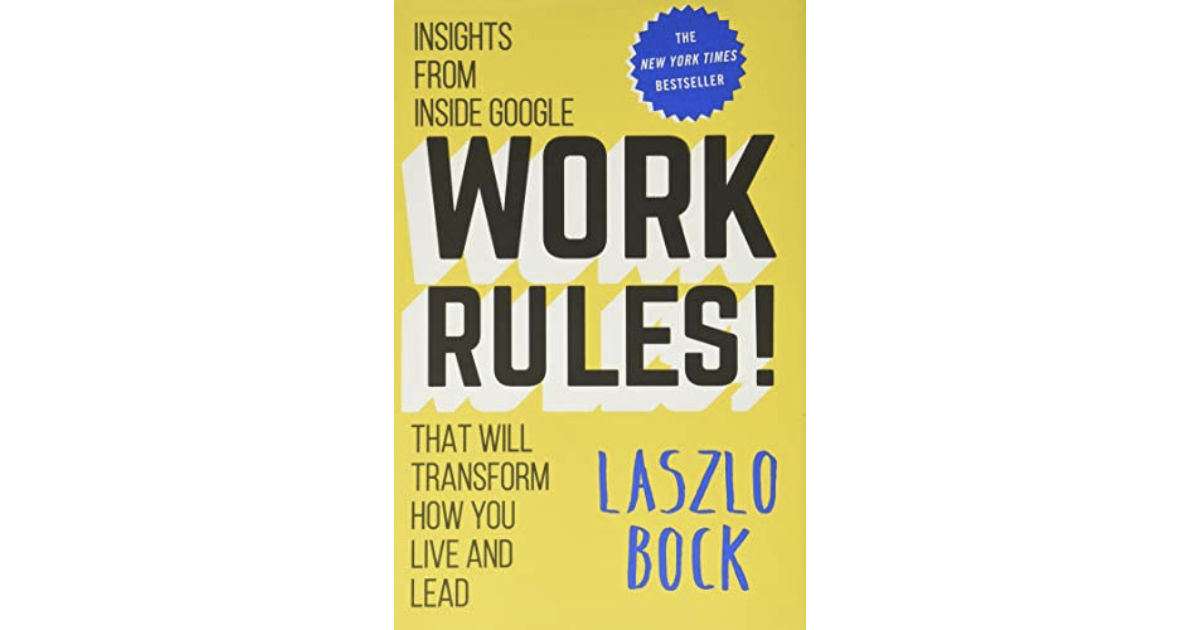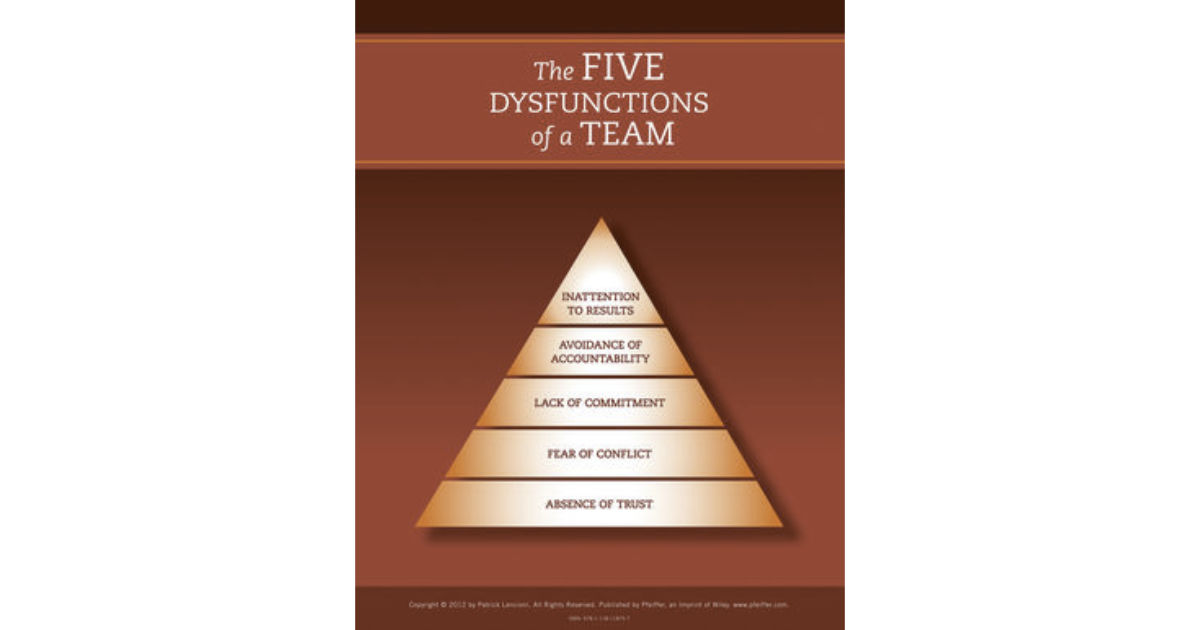Work: the pillar of our societies, the engine of our economy, the core of our identity. But a revolution is underway, not with a sudden explosion, but through a slow and irreversible erosion. What if, this time, artificial intelligence and automation were no longer just assisting humans but were taking over an increasing share of tasks, fundamentally redefining our place in the economy? Daniel Susskind takes us on a profound reflection on the implications of a world where traditional employment is gradually losing its central role.
Until now, history has taught us to be optimistic: every wave of innovation, no matter how brutal for workers, has ultimately created more jobs than it has destroyed. But today, that scenario is faltering. AI is no longer confined to repetitive tasks; it analyzes, optimizes, and produces results that were once considered the exclusive domain of human intelligence. What makes it formidable is not that it imitates humans, but that it executes tasks differently, leveraging phenomenal computational power. Gradually, it is expanding the boundaries of our capabilities—not by replicating our logic, but by surpassing us in fields once thought to be uniquely human. The forces of substitution are overtaking those of complementarity, and the very idea of a labor market rebound is becoming increasingly uncertain. Structural technological unemployment seems inevitable.
Solutions exist: lifelong learning, labor flexibility, adaptation to new technological demands. But these are merely band-aids on a widening gap. The real questions lie elsewhere: in a world where wealth creation relies less and less on human labor, how do we ensure a fair distribution of value? Who controls the economic levers when value creation becomes detached from human work? What meaning will we give to our lives in a world where work is no longer the norm?
“The temptation is to say that because machines cannot reason like us, they will never exercise judgment; because they cannot think like us, they will never exercise creativity; because they cannot feel like us, they will never be empathic. And all that may be right. But it fails to recognize that machines might still be able to carry out tasks that require empathy, judgment, or creativity when done by a human being—by doing them in some entirely other fashion.”
The author proposes a solution in the form of a redistributive “Big State.” A state that, rather than being merely a regulator, becomes the architect of a new economic model where work is no longer defined strictly in economic terms but as contribution. Contribution to what? To society, to the environment, to knowledge. A fundamental shift where value is no longer measured in raw productivity but in overall impact. Our entire reference framework for value creation changes, moving from a purely economic perspective to a broader vision.
Although he handles complex concepts, Susskind presents his argument with clarity, backed by documented research and insights from economics, history, and future studies. He draws on the work of Thomas Piketty on wealth concentration and explores the philosophical implications of a humanity losing its central activity.
A World without work is an invitation to rethink our societies, breaking away from established models, anticipating transformations rather than passively enduring them. For while the end of work may still seem distant, the first signs are already visible.

